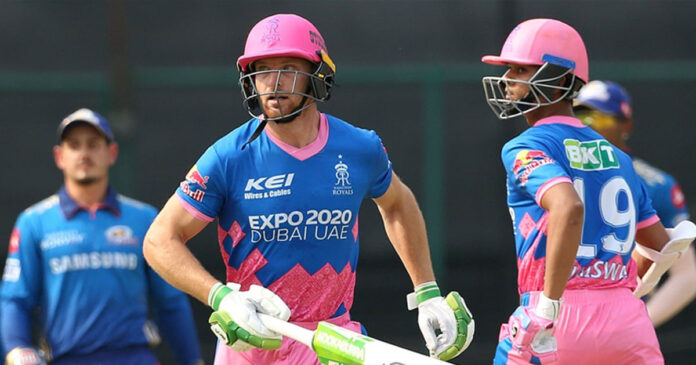Just when it seemed like Saudi Arabia was ready to bowl over the cricketing world with its very own T20 league, two of the sport’s biggest powerhouses have stood firm at the crease.
According to reports out of the UK, both the Board of Control for Cricket in India (BCCI) and the England and Wales Cricket Board (ECB) have refused to support the proposed Saudi-backed T20 league, casting a long shadow over what could have been a seismic shift in the cricketing calendar.
Let’s break down what this tug-of-war is really about—and why it’s more than just dollars and cents.
The Grand Slam of Cricket?
Saudi Arabia had big plans. The reported blueprint? A USD 400 million investment into a glitzy, franchise-style T20 league, somewhat modeled on tennis’s Grand Slam format. Think: eight teams, four venues, and action spread across the year.
A tournament of this scale—especially backed by such deep pockets—had the potential to attract global stars, disrupt domestic leagues, and possibly reshape the very landscape of franchise cricket.
But not everyone was on board.
India and England Draw the Line
Both the BCCI and ECB, influential stakeholders in global cricket, have made it clear: no NOCs, no players. And their reasoning is simple—protect their own turf.
- For India, it’s the IPL. A league now valued at $12 billion, the IPL is not just cricket’s crown jewel—it’s also BCCI’s biggest source of revenue and power.
- For England, it’s The Hundred. Still finding its feet, the ECB has invested heavily in building its identity and profitability. The board recently allowed 49% stakes of The Hundred teams to be sold to boost investment.
With the Saudi T20 league lurking as a financial and scheduling threat, the two boards seem to have formed an unlikely alliance to guard their home soil.
ICC Politics in Play?
There’s also a bit of boardroom chess going on. Reports suggest that the BCCI and ECB will lobby the ICC to cap or discourage player participation in the Saudi league.
And here’s where it gets interesting—ICC chairman Jay Shah, who also serves as BCCI secretary, is unlikely to go against India’s stance. That means the Saudis may face a diplomatic full toss even before a single ball is bowled.
Not Everyone’s Saying No to Saudi T20 League
While India and England are holding their ground, Cricket Australia (CA) appears more flexible.
With BBL franchises still owned by state bodies and the governing board, CA is reportedly open to Saudi investment partnerships. For Australia, the pitch is clear—private money could help modernize and monetize its domestic product.
This mirrors what South Africa already did with its SA20, where teams were sold to IPL franchise owners, bringing in over $136 million.
What This Means for Global Cricket?
This situation is more than a power struggle—it’s a clash of models. On one side, you have traditional boards trying to preserve their tournaments, balance player workload, and maintain control. On the other, there’s a new financial giant looking to shake things up with shiny incentives and grand visions.
If the Saudi T20 League eventually finds a way in—possibly by targeting retired players, associate nations, or non-contracted stars—we could be witnessing the early days of another tectonic shift in the game.
Stay tuned to Brandsynario for the latest news and updates.



































